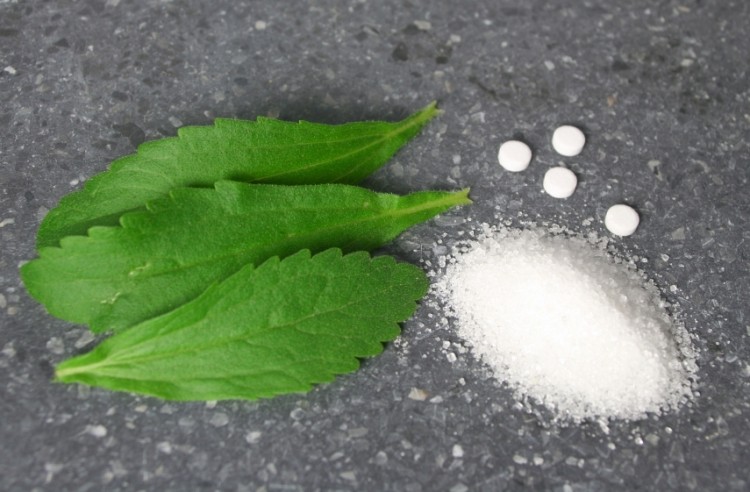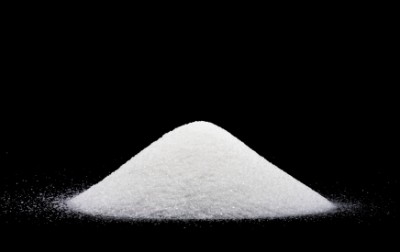Natural sweeteners market continues to grow – but yet to reach full potential

Market research firm Zenith International estimates the size of the global stevia market will reach 4,670 tonnes this year – up 14% on last year’s level – with a value of $336m. However, it predicts that stevia, by far the world’s top-selling natural high intensity sweetener, will only reach its full potential when large Asian markets embrace it.
Health concerns, such as obesity and diabetes, are driving many Western consumers to low-calorie alternatives to sate their appetite for sweet-tasting foods and drinks, and concerns about ‘naturalness’ are greater in Western markets too.
“Health motivation in key Asian markets such as India and Indonesia remains lower, and it is expected to be some years before stevia really takes off in these countries,” said Zenith Market Intelligence consultant Simon Redwood. “When it does, the potential for stevia will truly be realised.”
Sugar-stevia blends
Stevia has made ground internationally in the past year with the launch of Coca-Cola Life in particular, sweetened with a blend of stevia and sugar, and launched in South America, the US and Europe. Arch-rival PepsiCo launched Pepsi True, also sweetened with a sugar-stevia blend but only available online.
According to Canadean figures, one in five new non-caloric drinks launched in 2013 contained a natural sweetener, such as stevia or monkfruit.
However, stevia’s market share is still tiny compared to other zero-calorie sweeteners, with just 700 tonnes used in beverages last year. Meanwhile, the soft drinks industry used 12,300 tons of aspartame and 8,700 tons of acesulfame K.
‘Distinct advantage’
Nonetheless, Zenith predicts the size of the stevia market will reach 7,150 tonnes by 2017, with a value of about $578m.
“Consumers are increasingly scrutinising the contents of food and beverage products,” said Redwood. “Reduction in sugar remains key for manufacturers and, with consumers now also beginning to shun artificial sweeteners, stevia’s natural provenance and near-zero caloric positioning place it at a distinct advantage.”
Aside from soft drinks, stevia has also seen strong uptake by the dairy sector, in tabletop sweeteners and by the pharmaceutical industry in the past year, Zenith says.

























